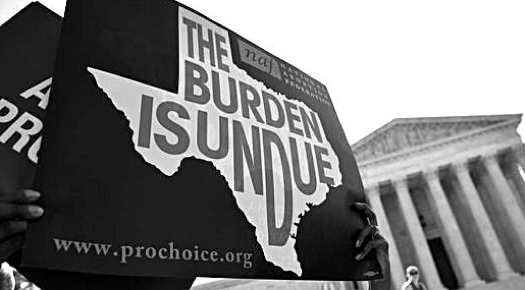
Abortion remains a highly debated political issue, both online and in real life, with many states instituting their own laws restricting access to services and banning the procedure under certain circumstances. That’s the case with Texas where Texas Gov. Greg Abbott, a Republican, signed Texas Senate Bill 8 into law on Tuesday, a series of anti-abortion regulations. One of the most uncommon requirements which are imposed by the new legislation is that women must bury or cremate fetal remains from their abortions.
Women who decide to end their pregnancy through abortion are already in the midst of a potentially traumatizing and invasive experience. They don’t need to go through more traumatic experience of burying their unborn babies. The lawmakers hope this regulation will make people more likely to reconsider their abortions and keep their fetuses but it raises other questions. Women can be forced to keep children they can’t properly care for or they can even go to another state to obtain the procedure. It can also cause higher number of illegal abortions in the country where abortion is made legal more than 40 years ago, in 1973.
The new law comes less than a year after the Supreme Court ruled that Texas cannot enact abortion restrictions that place an “undue burden” on women seeking an abortion. “We conclude that neither of these provisions offers medical benefits sufficient to justify the burdens upon access that each imposes. Each places a substantial obstacle in the path of women seeking a previability abortion, each constitutes an undue burden on abortion access, Casey, supra, at 878 (plurality opinion), and each violates the Federal Constitution,” Justice Breyer said in the opinion delivered to the court in Whole Woman’s Health v. Hellerstedt case. According to the Texas Observer, the law’s critics and some supporters agree that SB8 isn’t intended to advance women’s health, increasing the law’s chances of being challenged in court.
In addition to S.B. 8, Abbott wants to ban private insurance plans from covering abortion while also banning abortion providers from getting money from the government. The law also bans the donation of fetal tissue and dilation and evacuation (D&E) procedures, one of the most common abortion procedures for second trimester pregnancies. Under the law, people who help women access (D&E) procedures could be legally jailed.
If we weigh the advantages and difficulties that the new law defines we will see that there are many more negative than positive effects of the new measures.
Photo Credits: HuffPost
